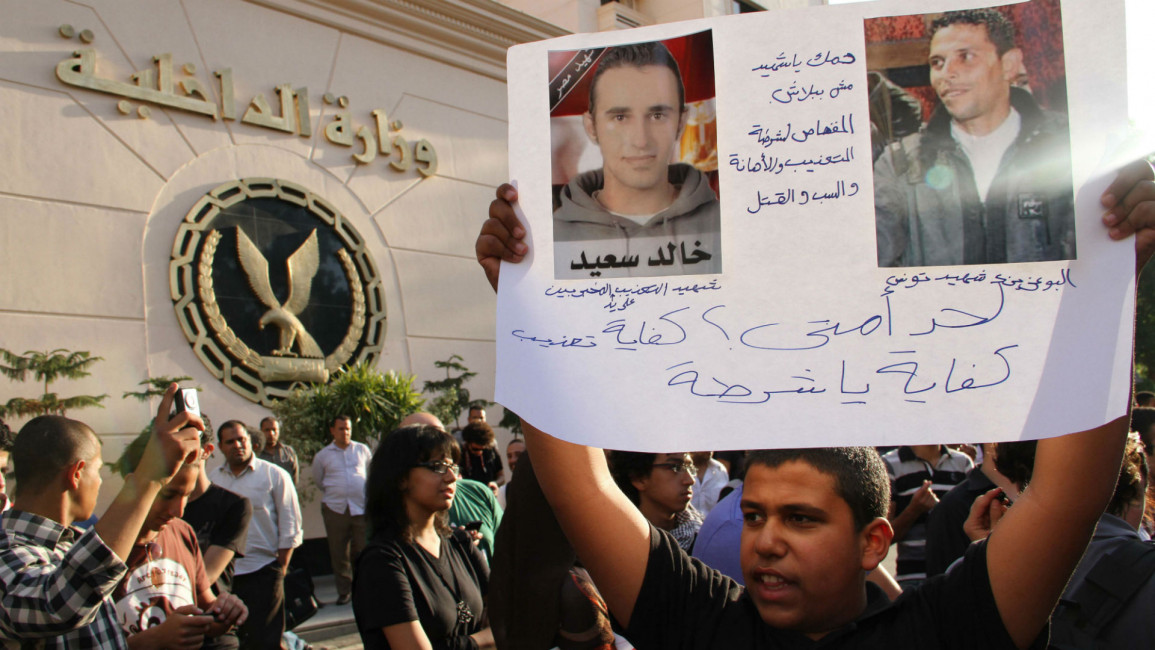
Why Mohamed Bouazizi is blameless
Four years ago, Mohamed Bouazizi, a street vendor, set himself on fire outside a governor's office. He reflected the oppression and discrimination of Ben Ali's Tunisia. His death was the catalyst for popular revolts across the Middle East that became known as the Arab Spring.
But for some Arabs, particularly those aged over 40, Bouazizi is synonymous with everything that went wrong. Many believe his death brought about revolutions, uprisings, demonstrations and even civil war.
They blame Bouazizi and no longer consider it offensive to swear whenever his name is mentioned, or when people speak of what he did.
These people hold this poor young man fully responsible for the destruction and chaos in their countries. Even though all he did was try to rebel, and maintain his dignity when he was attacked by a police officer. Bouazizi did not carry a weapon or bombs. He set fire to his own body.
What have these people who blame Bouazizi done? The truth is that they are both responsible and guilty at the same time. They are responsible for allowing these rulers to reach a level of corruption and oppression that made his death possible, by staying silent and being passive.
Guilty of inaction
| Bouazizi did not carry a weapon or bombs. He set fire to his own body. |
They are also guilty of allowing their countries to reach those levels of economic deprivation, and doing nothing when the state neglected the rights of the many.
The oppressed often look for scapegoats for their failures, instead of admitting that they are, at least in part, responsible.
The ignorant will always refuse to face their own shortcomings. The submissive oppose those who demand their rights because they are afraid.
So the question remains: Was Bouazizi the catalyst for the Arab Spring?
The logical answer is that the situation which led to the Arab Spring had been brewing for years across the Arab world. Its eruption was no accident and it did not happen overnight.
What is certain that it has not failed nor has it ended, as some people claim, but rather it will continue to make progress, even if it is going through a period of decline.
This article is an edited translation from our Arabic edition.
Opinions expressed in this article remain those of the original author and do not necessarily reflect the opinions of Al Araby Al Jadeed, its editorial board or staff.





 Follow the Middle East's top stories in English at The New Arab on Google News
Follow the Middle East's top stories in English at The New Arab on Google News


